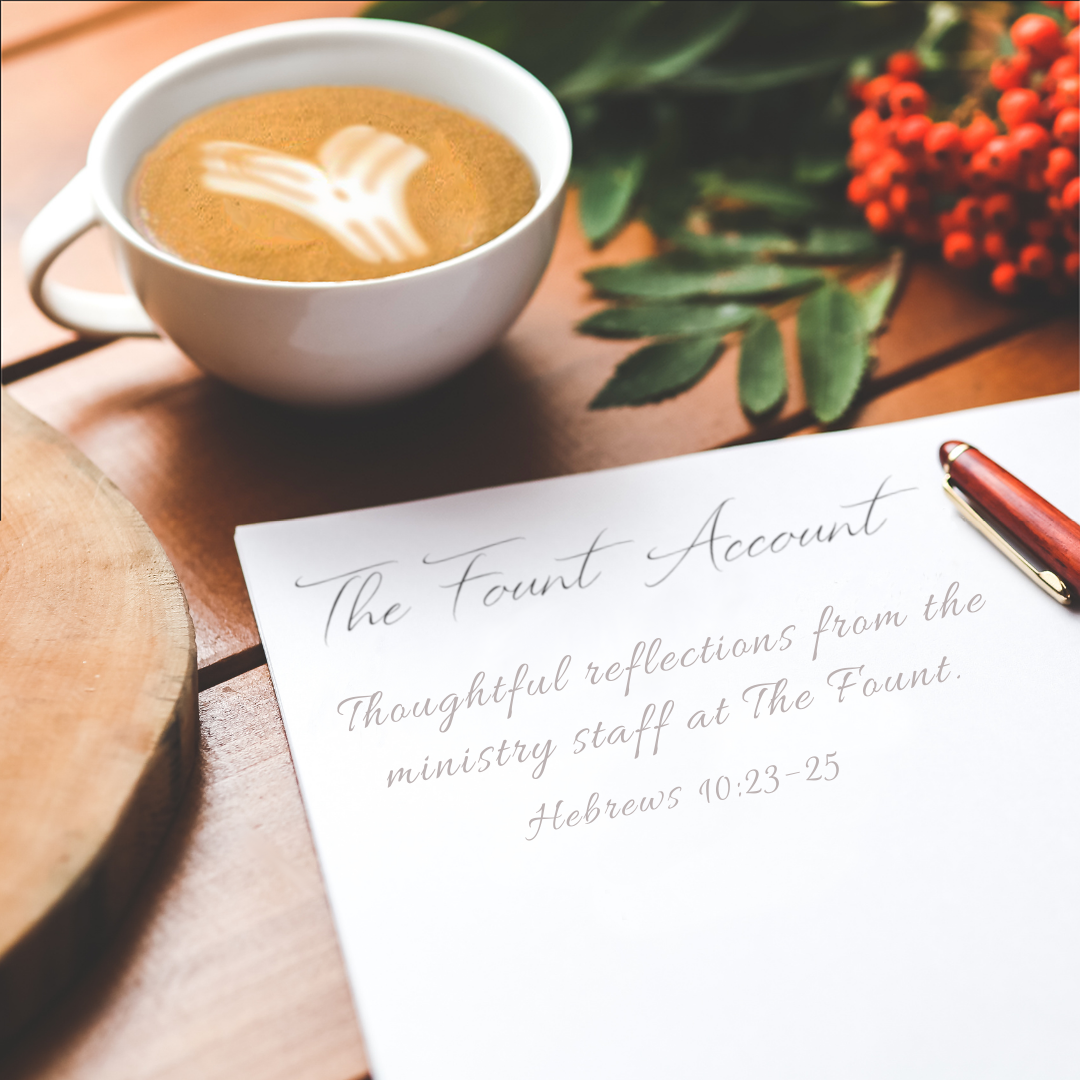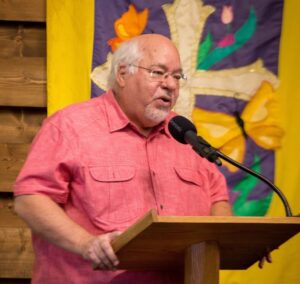
A request was made by a member of The Fount to address the question of assisted suicide. What does the Bible have to say about it? And what does the church teach about it?
First, the Bible never uses the word “suicide”, but there are many examples of people who act to end their own lives in the Bible. And “assisted suicide” is just another form of suicide. If someone does not make the conscious choice to end their life and someone makes it for them, the moral implications are very dangerous.
In Judges 9, Abimelech committed suicide with assistance from another man after he was mortally wounded by a woman who dropped a millstone on his head. Abimelech did not want the negative stigma of having been killed by a woman!
King Saul tried to get his armor-bearer to kill him with a sword after the arrows of the Philistines had mortally wounded him, again so that he would not be killed by the “uncircumcised Philistines” who would probably then abuse his body even more (1 Samuel 31). King Saul’s armor-bearer then kills himself with a sword after he sees his king dead.
There is only one suicide in the New Testament (Matthew 27:3-10), Judas kills himself after seeing what his betrayal of Jesus led to.
 So, while there are examples of suicide in the Bible, it is never spoken of in a positive light. Life itself is precious, and we are enjoined by Scripture to Not commit murder (Exodus 20:13). Suicide can be considered murder. Satan, the father of lies, “was a murderer from the beginning” (John 8:44) and he comes to “steal, kill, and destroy” (John 10:10a). There is a good argument that suicide is actually satanically-inspired murder. As such, the blame for the act would fall on Satan, not the deeply troubled soul who falls prey to Satan’s wiles.
So, while there are examples of suicide in the Bible, it is never spoken of in a positive light. Life itself is precious, and we are enjoined by Scripture to Not commit murder (Exodus 20:13). Suicide can be considered murder. Satan, the father of lies, “was a murderer from the beginning” (John 8:44) and he comes to “steal, kill, and destroy” (John 10:10a). There is a good argument that suicide is actually satanically-inspired murder. As such, the blame for the act would fall on Satan, not the deeply troubled soul who falls prey to Satan’s wiles.
The United Methodist Church has spoken on this matter in our Social Principles (par. 161 O):
O) Suicide – We believe that suicide is not the way a human life should end. Often suicide is the result of untreated depression, or untreated pain and suffering. The Church has an obligation to see that all persons have access to needed pastoral and medical care and therapy in those circumstances… The Church opposes assisted suicide and euthanasia.
Life is precious. We believe in the sanctity of human life. Suicide (and assisted suicide) is a confluence of conflicting tragedies. The important thing is that we do not blame the victim of suicide, and we do not consign them to hell for their act. The family of suicide victims need the love and care of the church, not its condemnation! Jesus “came that they may have life, and have it abundantly” (John 10:10b), so those of us who follow Jesus should always work to preserve life and honor it. And when working with someone who is so deeply despairing that they want to end their life, we must proclaim the goodness of God and the hope for redemption and eternal life.
I am not saying that there could never be a situation where helping a loved one end their life in order to avoid further suffering is absolutely wrong. But I am saying that the predilection should be NOT to do so because of our belief in the sanctity of human life.
This is a very difficult topic, and one that deserves much prayer. In invite you to ponder these things, examine the Scriptures, and ask God for wisdom. And if you are having suicidal thoughts, I would invite you to speak with me or another trusted believer. You are a precious child of God, of infinite worth, for whom Jesus died so that you could experience abundant life. Don’t let the enemy of your soul convince you of anything else!
L’Chaim (to life!),


